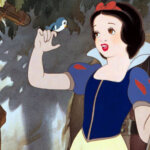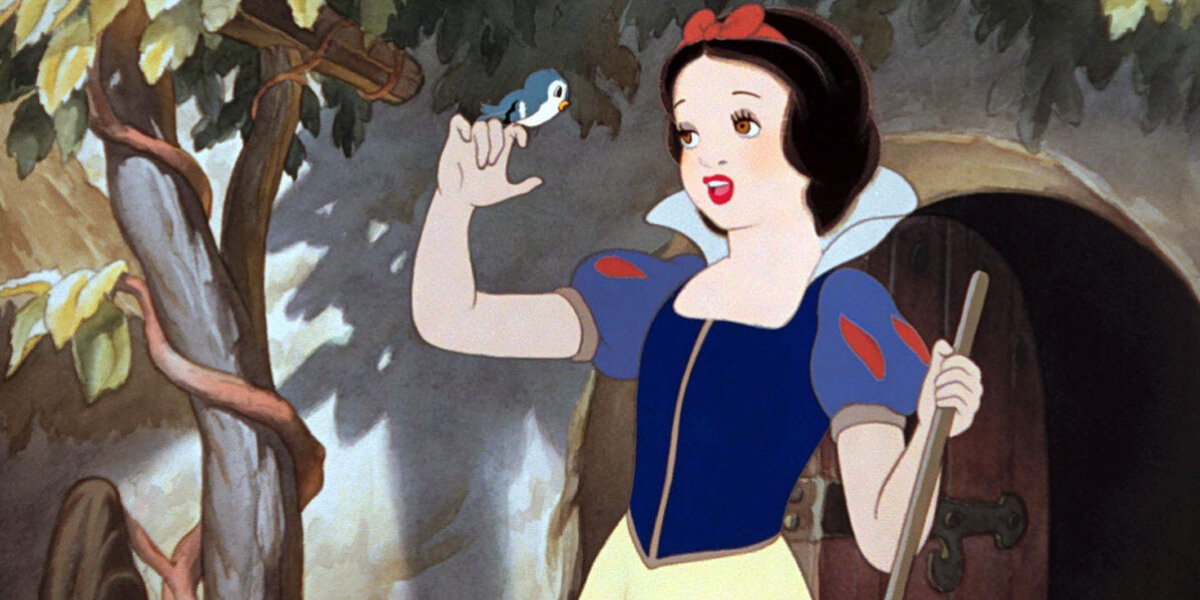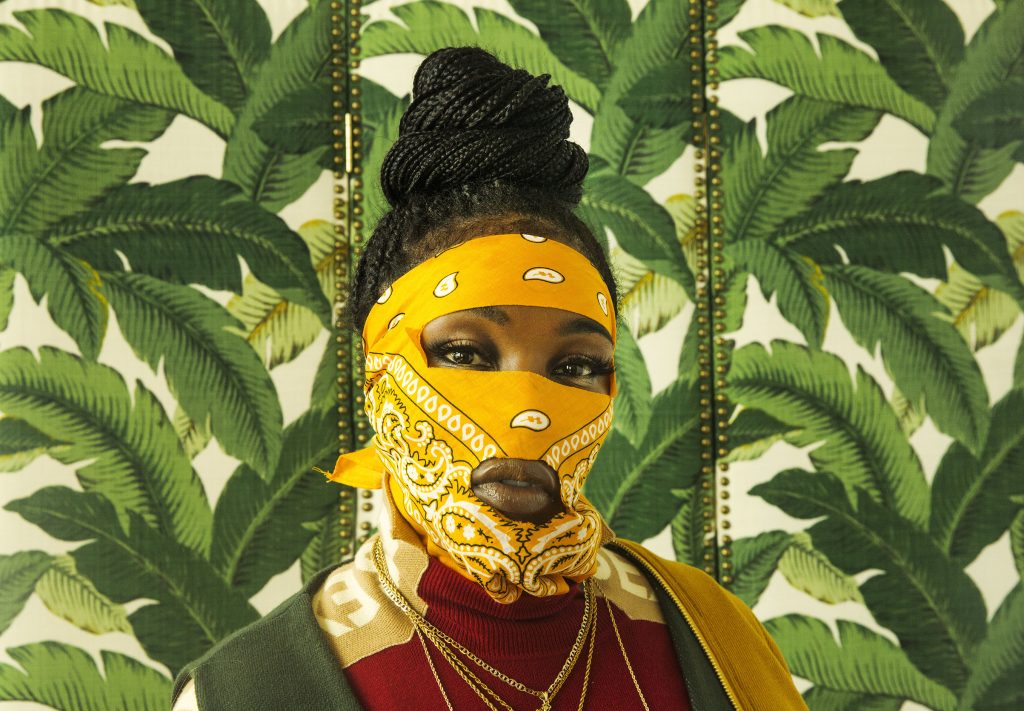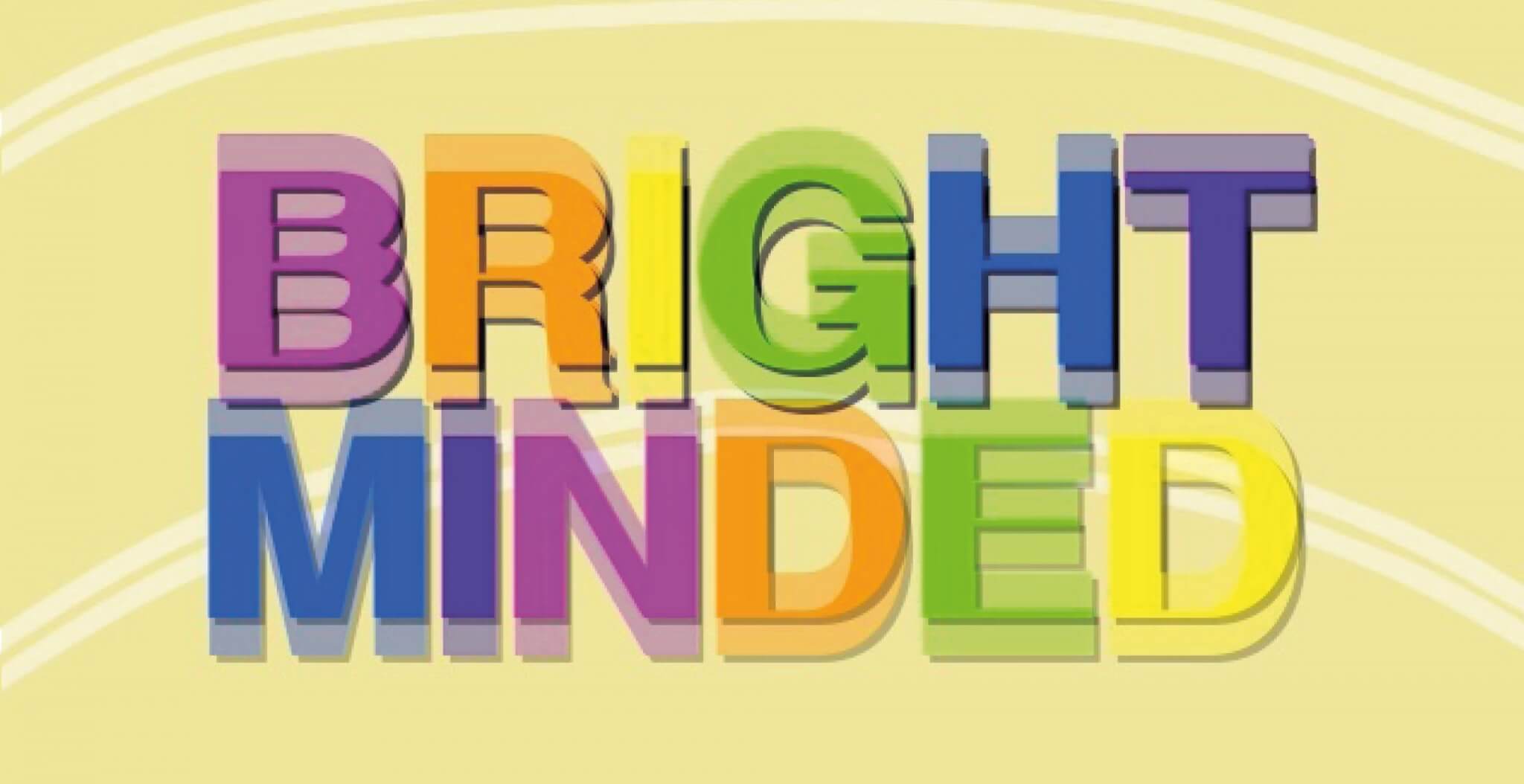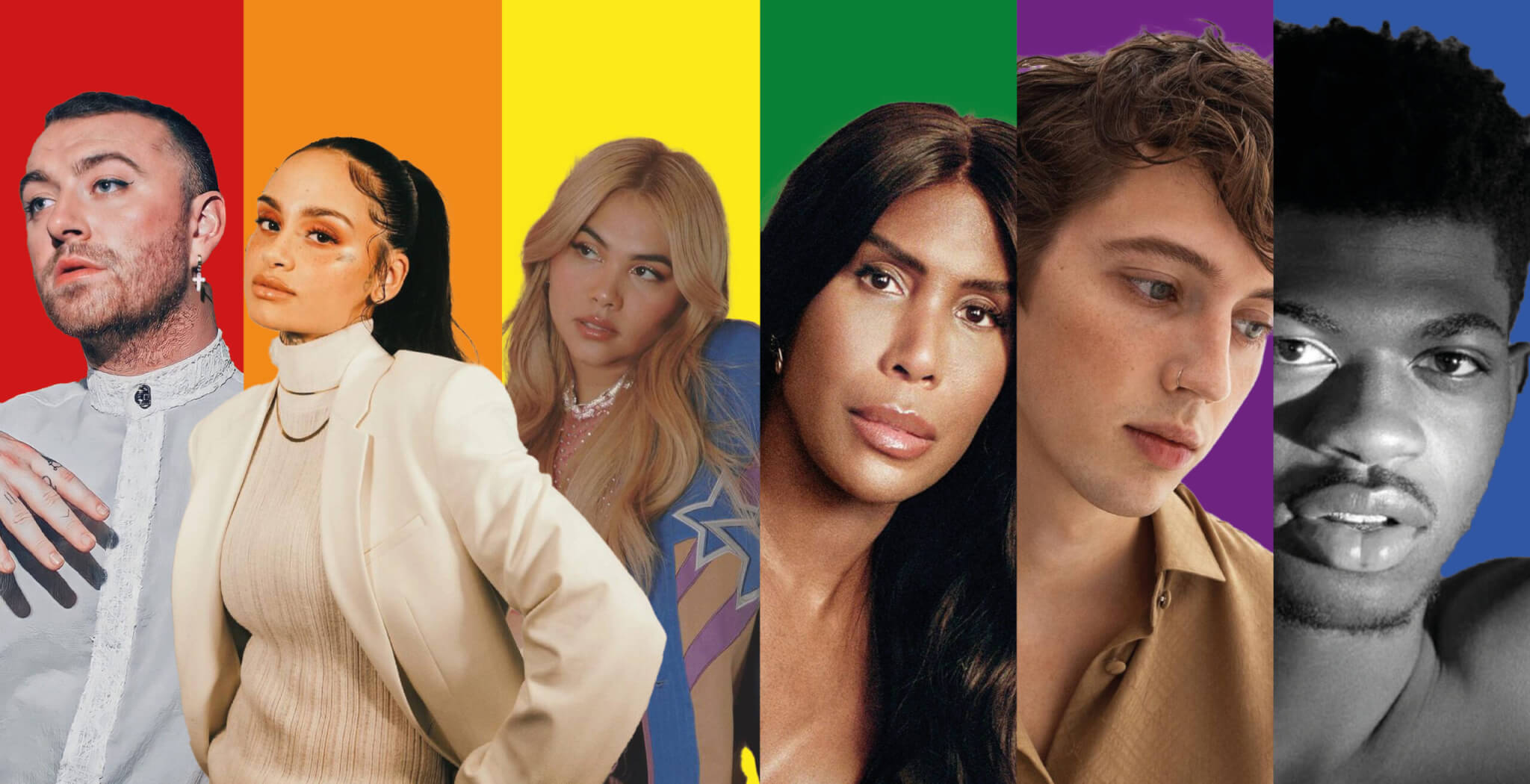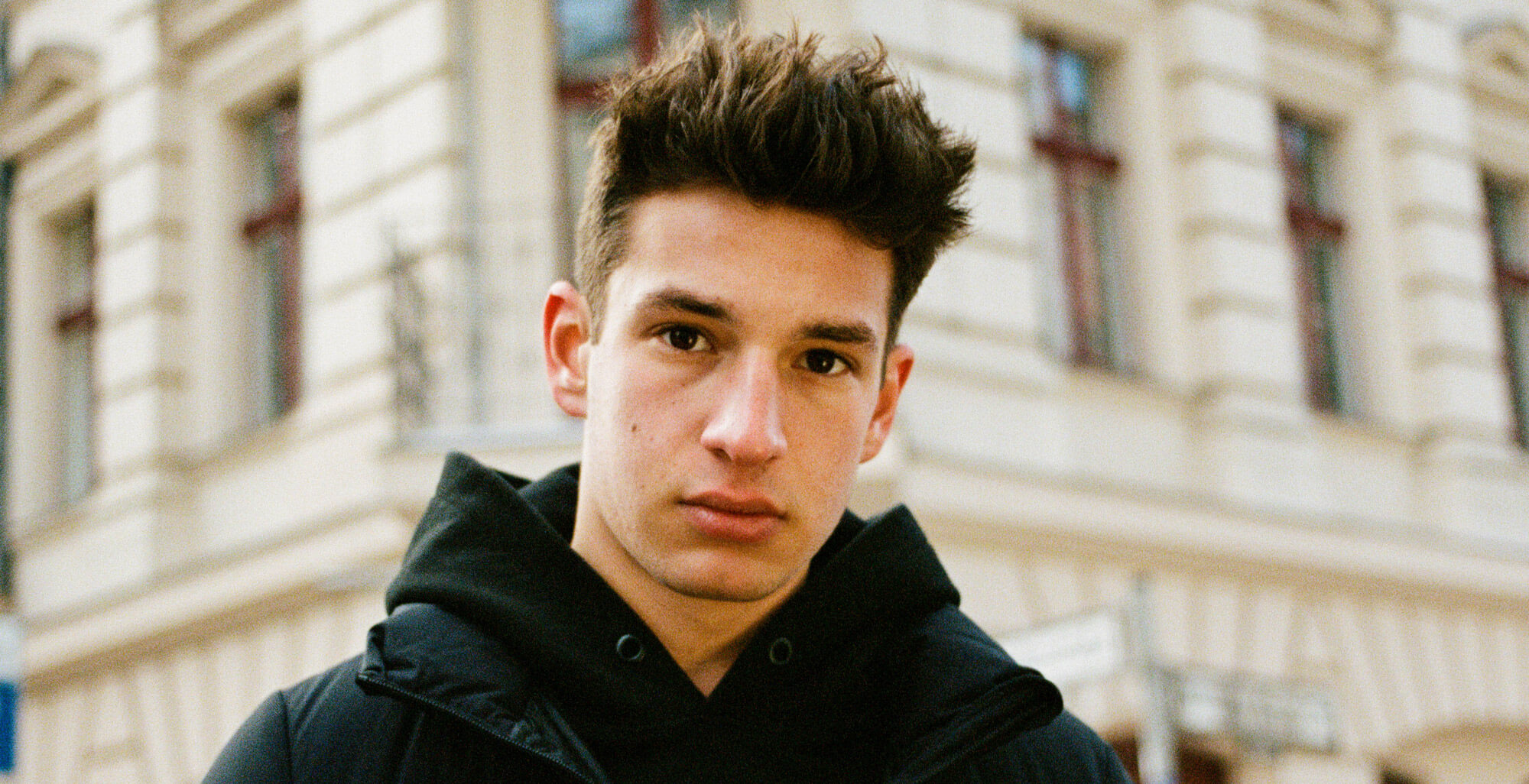Re-releases of old Disney classics are all the rage these days. After The Little Mermaid and Tinkerbell, it’s now Snow White’s turn. And as with any (good) remake, there are always a few controversies.
A live-action version of Snow White and the Seven Dwarfs has been in development since at least 2016, but production didn’t begin in earnest until 2021. In June this year, Deadline reported that Rachel Zegler (she had her public breakthrough in the modern adaptation of West Side Story) had been cast as the titular princess, who made her Disney debut in 1937. (Snow White and the Seven Dwarfs was Disney’s first feature-length animated film).
Since Zegler was confirmed as the new Snow White in 2021, racist trolls have been complaining that the new movie will be “woke” because Zegler is Latina. (Their complaints are similar to those of social media users who were unhappy about Halle Bailey playing Ariel in the live-action version of The Little Mermaid.) The critical voices are being justified by the fact that the whole purpose of Snow White and the whole arch of the story depended on the fact that her skin was as pale as snow.
Despite internet complaints about her casting, Zegler is proud to play the iconic princess, who originated in a Brothers Grimm fairy tale. “Never in a million years did I imagine that this would be a possibility for me,” Zegler explained during a January 2022 interview with Variety. “You don’t normally see Snow Whites that are of Latin descent. Even though Snow White is really a big deal in Spanish-speaking countries. Blanca Nieves is a huge icon whether you’re talking about the Disney cartoon or just different iterations and the Grimm fairy tale and all the stories that come with it. But you don’t particularly see people who look like me or are me playing roles like that.” Other critics, meanwhile, were skeptical about how the film would handle the titular dwarves. “It makes no sense to me,” Peter Dinklage, who has a form of dwarfism known as achondroplasia, said during a January 2022 interview on Marc Maron‘s “WTF” podcast. “You’re progressive in one way and you’re still making that f–king backward story about seven dwarves living in a cave together. What the f–k are you doing, man?”
Since her casting was announced in June 2021, Zegler has repeatedly suggested she’s not a fan of the original 1937 Disney princess film. In a December 2022 interview with Entertainment Weekly, the 22-year-old actor said she’d seen the original animated film only once before revisiting it for her new role, and hadn’t really enjoyed it. “I was scared of the original version. I think I watched it once and never picked it up again. I’m being so serious,” Zegler said in the interview in which she was joined by her costar, Gal Gadot (who is playing the Evil Queen).
She added: “I watched it for the first time in probably 16, 17 years when I was doing this film.” Speaking to Variety in September 2022, Zegler was asked what she meant when she said she was bringing a modern edge to the character. “I just mean that it’s no longer 1937,” Zegler began. Gal Gadot interjected that Snow White was “not going to be saved by the prince,” with Zegler continuing: “She’s not going to be saved by the prince, and she’s not going to be dreaming about true love — she’s dreaming about becoming the leader she knows she can be and the leader that her late father told her that she could be if she was fearless, fair, brave, and true.”
That’s all well and good, but when did Snow White become known as a feminist leader? When did it become clear in her (original disney) story that she would rather take the evil queen’s throne, for example, because she has better and more progressive plans for the kingdom? In addition, many fans of the Disney original find comfort in the fact that true love can exist after all. The magic of the tale has been with fans since childhood, so why take it away? There have always been many feminist voices, some of them rightly arguing that Disney princesses are bad role models for young children. They are said to reproduce unrealistic standards and present a false image of love. But they often forget: They are fairy tales. Not every fairytale is meant to be a feminist manifesto. And that is fine. Sometimes it’s just nice to escape into a seemingly perfect fairytale world. And there are plenty of women* who are actually looking for true love, wishing for a prince on a white horse and hoping that one day their fairy tale will come true. Are these women now less feminist and “woke” than those who oppose the “princess life”? Or is it not more feminist to support women in their plans, wishes and dreams without judging them for them?
We’ll see what the remake of the Disney classic brings, but until then, say it with me: shaming women in search of true love is hypocritical.








